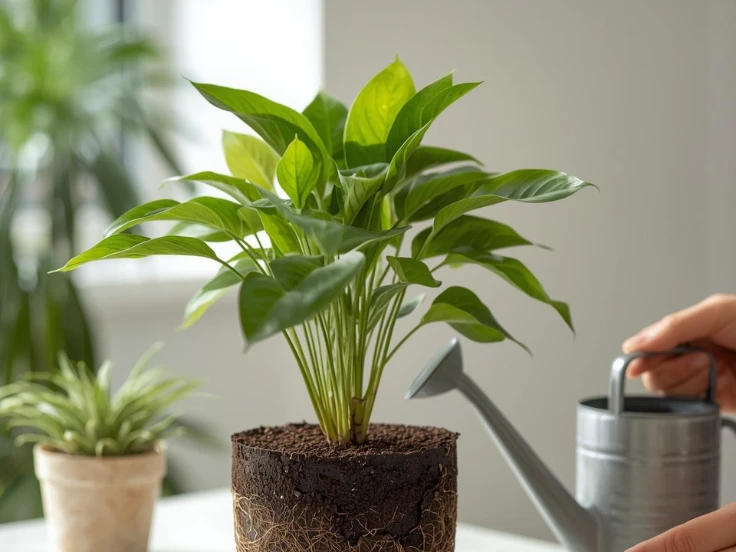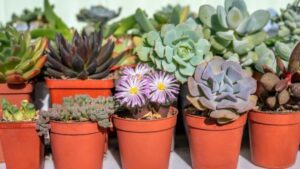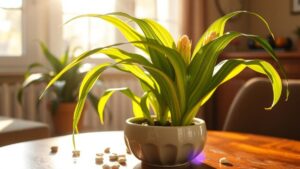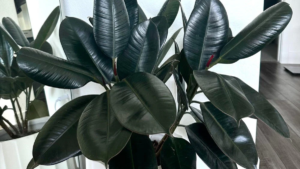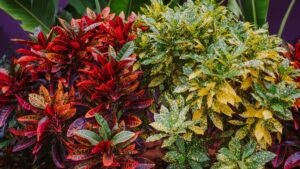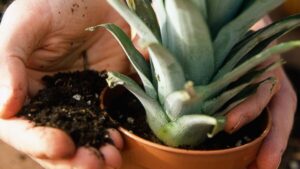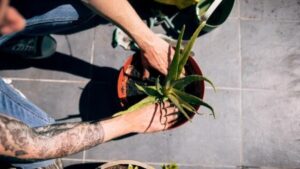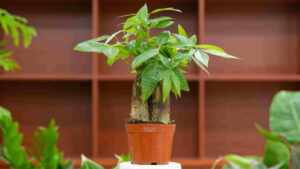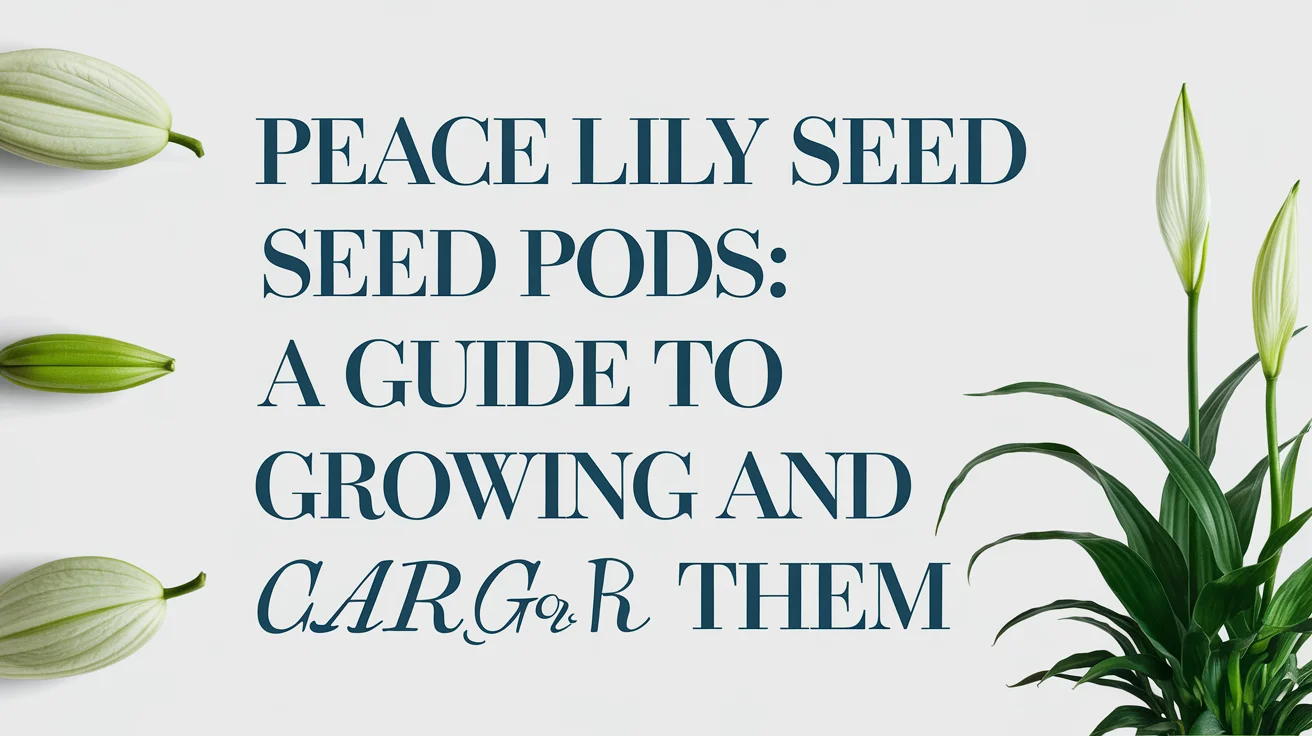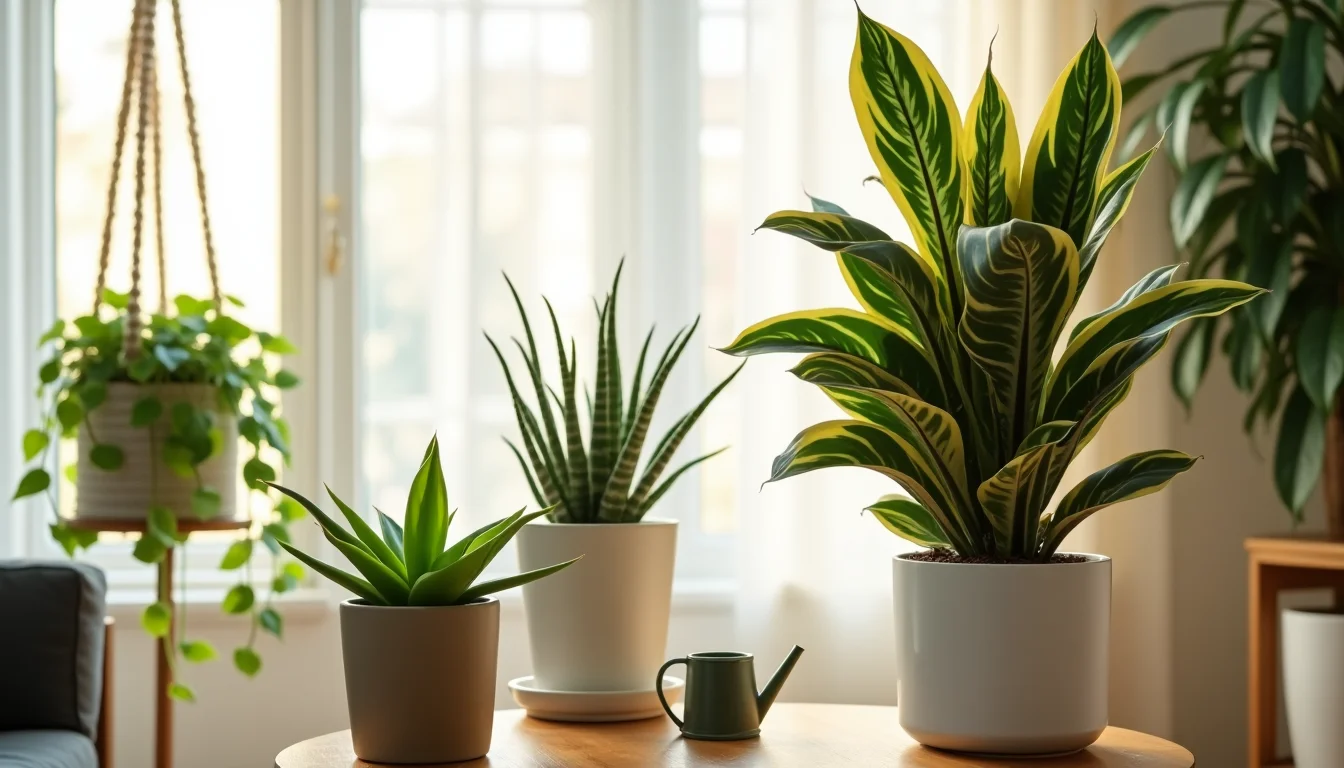Repotting indoor plants is a critical step for maintaining healthy growth, but it often raises a common question: do you need nutrients after repotting a indoor plants? Many plant enthusiasts worry about providing fertilizer immediately after repotting, unsure if it will help or harm the plant. Understanding the plant’s needs and the effects of repotting on root systems is essential to ensure proper recovery and long-term health.
When a plant is repotted, its roots experience stress, which can temporarily reduce nutrient uptake. Therefore, asking do you need nutrients after repotting a indoor plants is valid. Immediate fertilization can sometimes harm delicate new roots, while delaying feeding until the plant adapts to its new soil can promote stronger root establishment. Factors like soil type, plant species, and season also affect nutrient requirements after repotting.
Understanding Nutrient Needs After Repotting a Indoor Plants
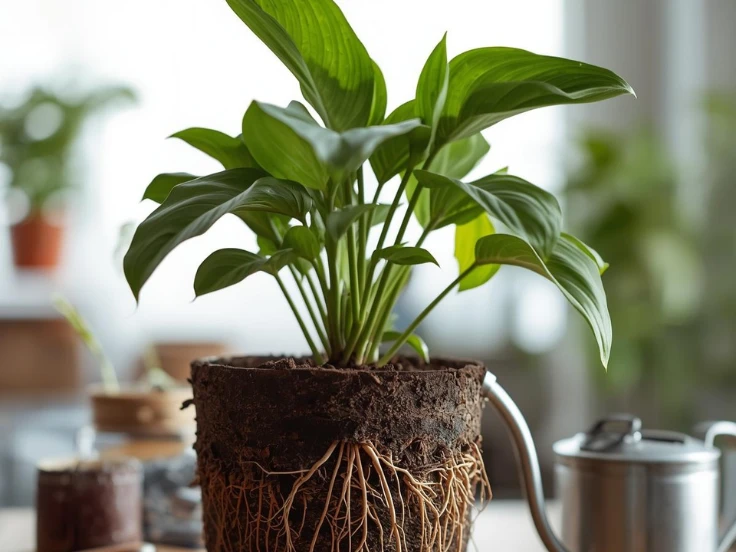
The question do you need nutrients after repotting a indoor plants depends largely on the soil and plant type. Fresh potting soil often contains enough nutrients to sustain plants for several weeks. Applying extra fertilizer immediately may overwhelm the roots and stunt growth. However, once the plant adapts, providing gentle feeding can encourage steady growth and stronger foliage.
Moreover, different plants have varied nutrient demands. Flowering plants might benefit from a mild fertilizer to encourage blooms, while leafy plants focus on root recovery first. Signs that your plant might need nutrients include yellowing leaves, slow growth, and drooping stems. Paying attention to these signals helps ensure timely care and promotes lasting indoor plant health.
Why Nutrients Are Important After You Repot Indoor Plants
Nutrients strengthen roots, improve leaf development, and boost the plant’s natural resistance to stress. Without proper nutrients, repotted plants might show delayed recovery and limited new growth. In addition, balanced feeding encourages vibrant color, faster adaptation, and long-term indoor plant vitality.
Choosing the Right Soil Mix for Repotting Indoor Plants
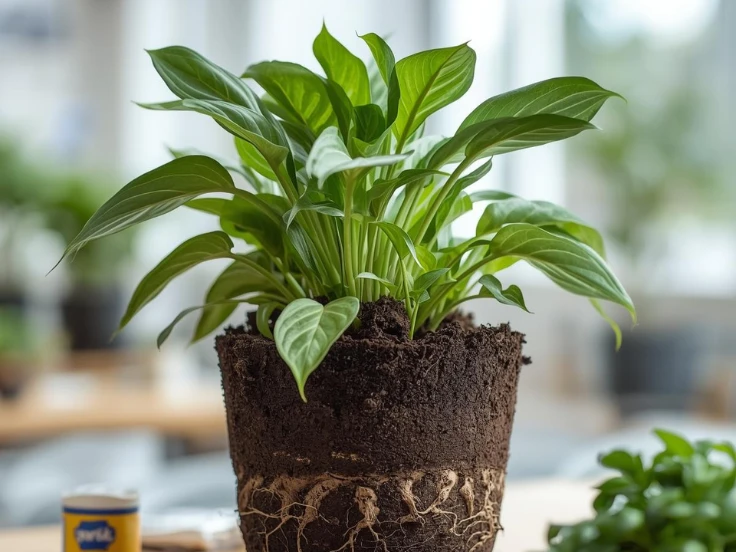
Therefore, selecting an appropriate soil mix is vital when repotting. Moreover, a good soil mix not only provides nutrients but also ensures proper drainage, thus reducing stress on roots and promoting steady, long-term plant growth, ultimately creating a stronger foundation for healthy indoor plants.
Soil Nutrients and Their Role in Healthy Indoor Plants
A nutrient-rich soil mix promotes proper aeration, moisture balance, and slow nutrient release — key factors for successful plant recovery after repotting, ultimately helping indoor plants adjust and thrive in their new environment. Additionally, such soil supports consistent root development and enhances the overall resilience of your indoor plants.
When to Add Nutrients After Repotting a Indoor Plants
Therefore, knowing when to provide nutrients after repotting indoor plants is crucial. For instance, fertilizing too soon can overwhelm roots, whereas delayed feeding allows the plant to recover and thus absorb nutrients efficiently. Additionally, proper timing helps ensure long-term healthy growth, encouraging stronger roots and more vibrant foliage over time.
How Fertilizer Timing Affects Indoor Plant Recovery
Applying fertilizer too early can stress roots, while delayed feeding allows them to settle and function properly. Gradual feeding promotes healthier and more balanced growth. Furthermore, proper nutrient timing helps strengthen root systems and encourages lush, sustained indoor plant development.
Common Problems After Repotting Indoor Plants
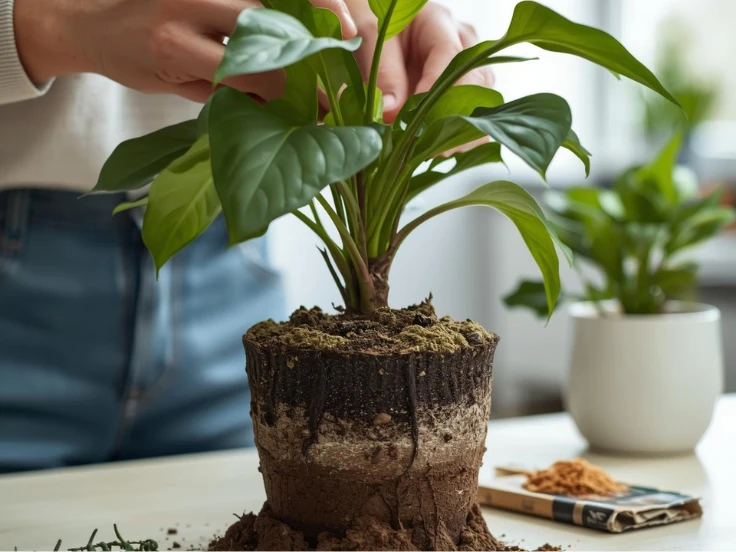
After repotting, plants may face stress or nutrient deficiencies. Consequently, addressing these problems ensures the plant recovers efficiently. Moreover, timely intervention can prevent further issues, thus promoting healthy growth. Additionally, monitoring the plant closely helps identify any new concerns early.
How to Fix Nutrient Deficiencies After Repotting
Identify deficiencies early by observing yellow leaves, weak stems, or slow growth. Apply mild fertilizers or natural composts to restore balance gradually. Consistent monitoring ensures your indoor plants recover faster and maintain healthy, vibrant growth over time. Moreover, addressing these issues promptly prevents long-term damage and supports stronger, more resilient plants.
Natural Nutrients for Indoor Plants After Repotting
n fact, organic sources of nutrients can support plants gently after repotting, therefore reducing the risk of overfertilization. Moreover, they improve soil structure and thus promote long-term plant health. Additionally, these natural options provide a safer alternative to synthetic fertilizers. As a result, your indoor plants can adapt smoothly and maintain consistent, sustainable growth.
Nutrients After Repotting Indoor Plants?
During the active growing season, plants absorb nutrients faster. This is the ideal time to introduce mild fertilizers and organic supplements. Regular yet balanced feeding during this phase ensures stronger growth, vibrant foliage, and improved overall resilience. Furthermore, consistent care during this period helps indoor plants reach their full potential and maintain lasting vitality.
Avoiding Overfeeding After Repotting Indoor Plants
Indeed, overfeeding is a common mistake that can harm recovering plants. Therefore, balancing nutrient supply is crucial. Furthermore, careful observation ensures plants receive the right amount of nutrients, thus preventing stress. Additionally, gradual feeding supports steady and healthy growth, ultimately helping your indoor plants thrive beautifully over time.
Balancing Nutrient Supply for Healthy Indoor Growth
Alternate between organic and synthetic fertilizers, follow dilution guidelines, and observe plant response closely to maintain balance. This mindful approach prevents nutrient buildup and supports steady, long-term indoor plant health. In addition, adjusting your feeding routine based on seasonal changes ensures plants continue to receive optimal nourishment without stress.
FAQs
Do I need to fertilize immediately after repotting?
No, wait at least 2–4 weeks for the plant to recover.
Can organic fertilizers be used post-repotting?
Yes, options like compost or worm castings provide nutrients gently.
How can I identify nutrient deficiencies?
Look for yellowing leaves, weak stems, or stunted growth.
Problem and Conclusion
After repotting, plants are vulnerable to nutrient imbalances and stress. The main problem arises when people either feed too soon or fail to provide nutrients when needed. Proper care such as waiting a few weeks, monitoring plant health, and using natural or diluted fertilizers helps prevent these issues.
For example, learning how to care for a spider plant indoors can give you valuable insight into proper nutrient timing and gentle fertilization practices after repotting. In conclusion, yes indoor plants do need nutrients after repotting, but only in moderation and at the right time.Yes, but timing and type are critical. Initially, focus on root recovery, proper watering, and suitable soil.
Introduce nutrients gradually as the plant shows new growth. For more detailed insights on maintaining healthy houseplants, you can explore this potted plants and flowers guide. By following these steps, your indoor plants can thrive, much like planning a trip carefully enhances your experience when visiting Hamburg places to visit. Thoughtful care ensures healthy, vibrant indoor plants that flourish year-round.

